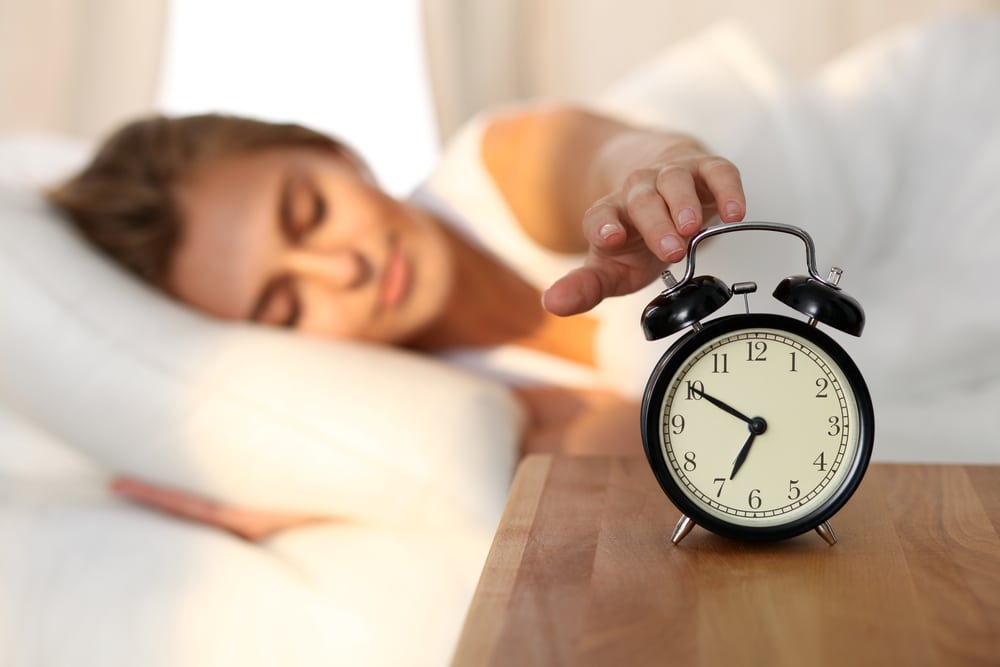On Sunday 26th March at 1am we lose an hour’s sleep as the clock’s spring forward, with many parents struggling to adjust their little ones to new sleep patterns. Here are five tips to help your child sleep when the clocks change…
1. Make the change gradual
Our body clocks aren’t designed to shift by one hour in one day. Depending on the age of the baby, toddler or child different strategies can work.
a) Babies: try 5 minutes a day over 12 days
b) Toddlers: try 10 minutes a day over 6 days
c) Young schoolchildren: it’s often easiest to change the bedtime in 15-minute increments over a 4 day long weekend
d) Teenagers are most easily accommodated by shifting their sleep over a weekend, starting by going to bed 30 minutes earlier on Friday night
2. Get physical
Plan days with physical activity in order to make your children more naturally tired. Get outside in the fresh air.
3. Darker evenings and bright mornings
During the bedtime transition, dim the lights in the evening and close the curtains earlier to encourage the sense that bedtime is coming. Blackout blinds are useful to ensure the bedroom is dark. In the mornings, get the curtains open, and make the lights brighter so that is even more obvious than normal that it’s morning.
4. Adjust daily routines
Over the days you change bedtime, be sure to change bath time, nap time and meal times. If the bedtime changes are gradual – say, 10 minutes over 6 days – then change the other activities by 10 minutes as well. Adjust your routines too.
5. Leave early risers to it
If you have a child who naturally wakes earlier, then the clocks going forward presents a great opportunity to get them aligned to a better schedule for you. Only change the time by half an hour or leave it completely, so a child waking at 5.30am becomes 6.30am (in theory).
I hope with these easy tips you’ll be able to help your child sleep when the clocks change this Sunday 26th March.









